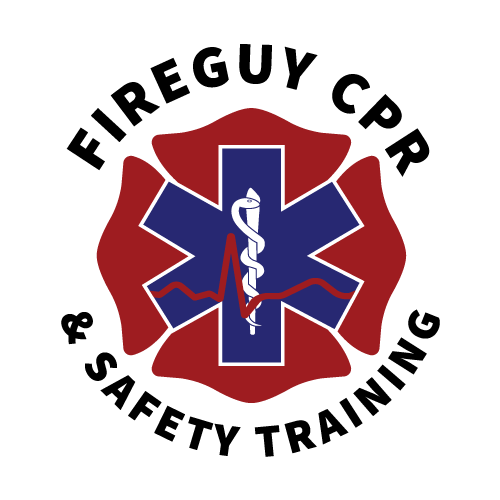In a world where heart disease remains one of the leading causes of death, there is a pressing need for more individuals to be trained in Advanced Cardiovascular Life Support (ACLS). ACLS is a specialized form of first aid training designed to equip healthcare providers and emergency responders with the knowledge and skills needed to save lives during cardiac emergencies. Here’s why ACLS training is more crucial than ever:
1. Cardiac Emergencies Are Common: Heart-related emergencies, such as cardiac arrest and severe arrhythmias, can strike anyone at any time. These events are often sudden and life-threatening, making ACLS training a valuable skill that can make a difference in critical moments.
2. Immediate Response Saves Lives: In cardiac emergencies, time is of the essence. The quicker someone receives ACLS interventions, the greater their chances of survival. ACLS-trained individuals are prepared to initiate advanced life-saving measures promptly, including cardiopulmonary resuscitation (CPR), defibrillation, and administering life-saving medications.
3. Enhanced Skills and Knowledge: ACLS goes beyond basic CPR training, providing participants with a deeper understanding of the cardiovascular system, the ability to interpret electrocardiograms (ECGs), and proficiency in advanced airway management techniques. This comprehensive knowledge equips individuals to respond effectively to complex cardiac issues.
4. Bridge to Professional Care: In many cases, ACLS-trained individuals serve as a bridge between the onset of a cardiac emergency and the arrival of professional medical help. Their interventions can stabilize the patient’s condition, increasing the chances of a successful outcome.
5. Improved Outcomes: Studies have shown that patients who receive ACLS interventions have a significantly higher likelihood of survival and better neurological outcomes. By expanding the pool of ACLS-trained individuals, we can collectively improve these statistics and save more lives.
6. Versatile Skills: ACLS training isn’t just for healthcare professionals; it benefits firefighters, police officers, lifeguards, and even laypersons who may find themselves in emergency situations. Whether in a healthcare setting, a public place, or at home, ACLS skills are versatile and can be applied wherever they are needed.
7. Community Resilience: Widespread ACLS training enhances community resilience by ensuring that more people are prepared to respond to cardiac emergencies. This means that whether you’re at a sports event, a shopping mall, or in your neighborhood, there’s a higher likelihood of finding someone with the skills needed to assist in a cardiac emergency.
In conclusion, Advanced Cardiovascular Life Support (ACLS) training is a critical component of emergency preparedness. It empowers individuals to respond confidently and effectively in cardiac emergencies, increasing the chances of survival and positive outcomes. With the prevalence of heart-related issues, the urgent need for more people to undergo ACLS training cannot be overstated. It’s not just a skill; it’s a lifeline that can save lives within our communities.

Recent Comments